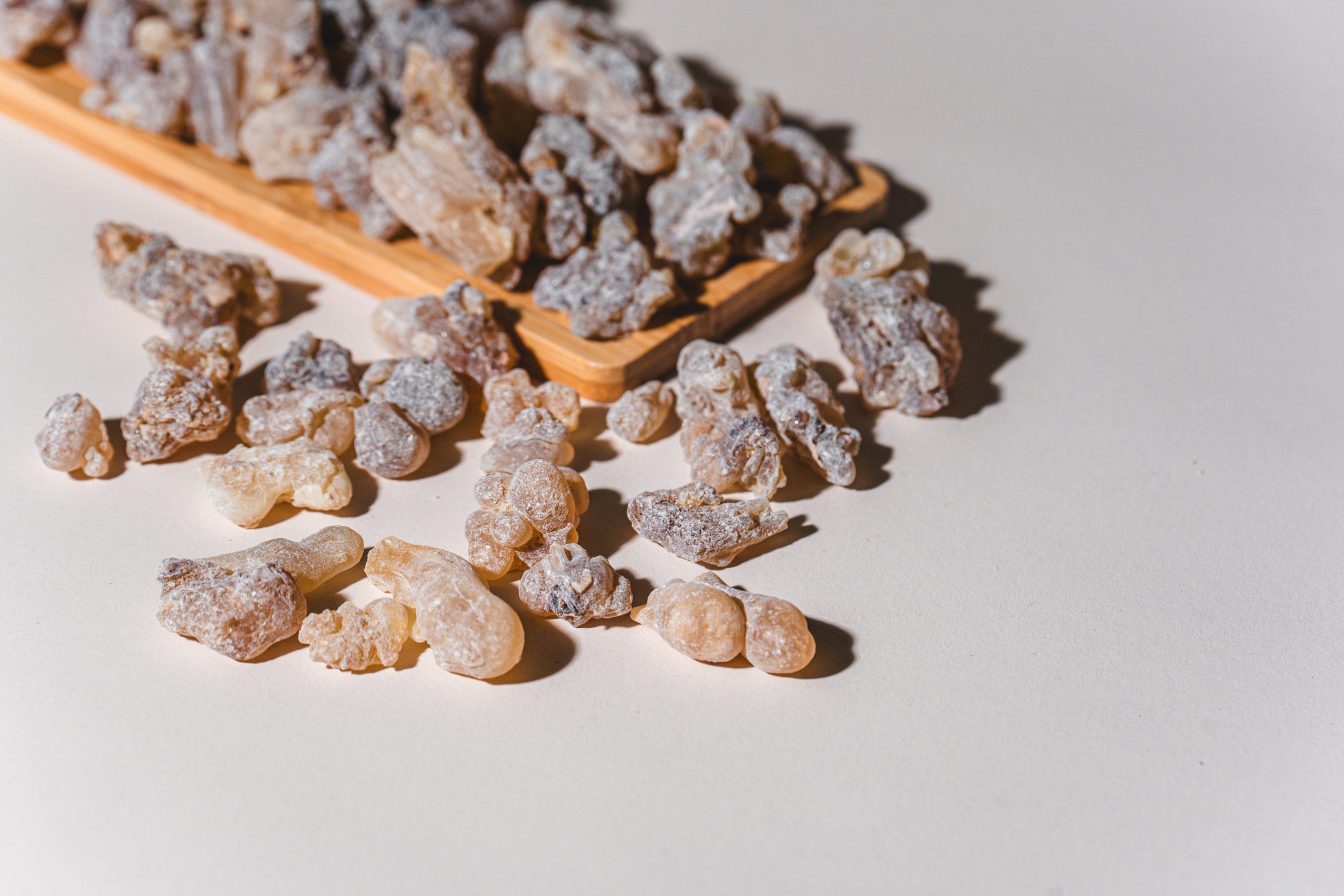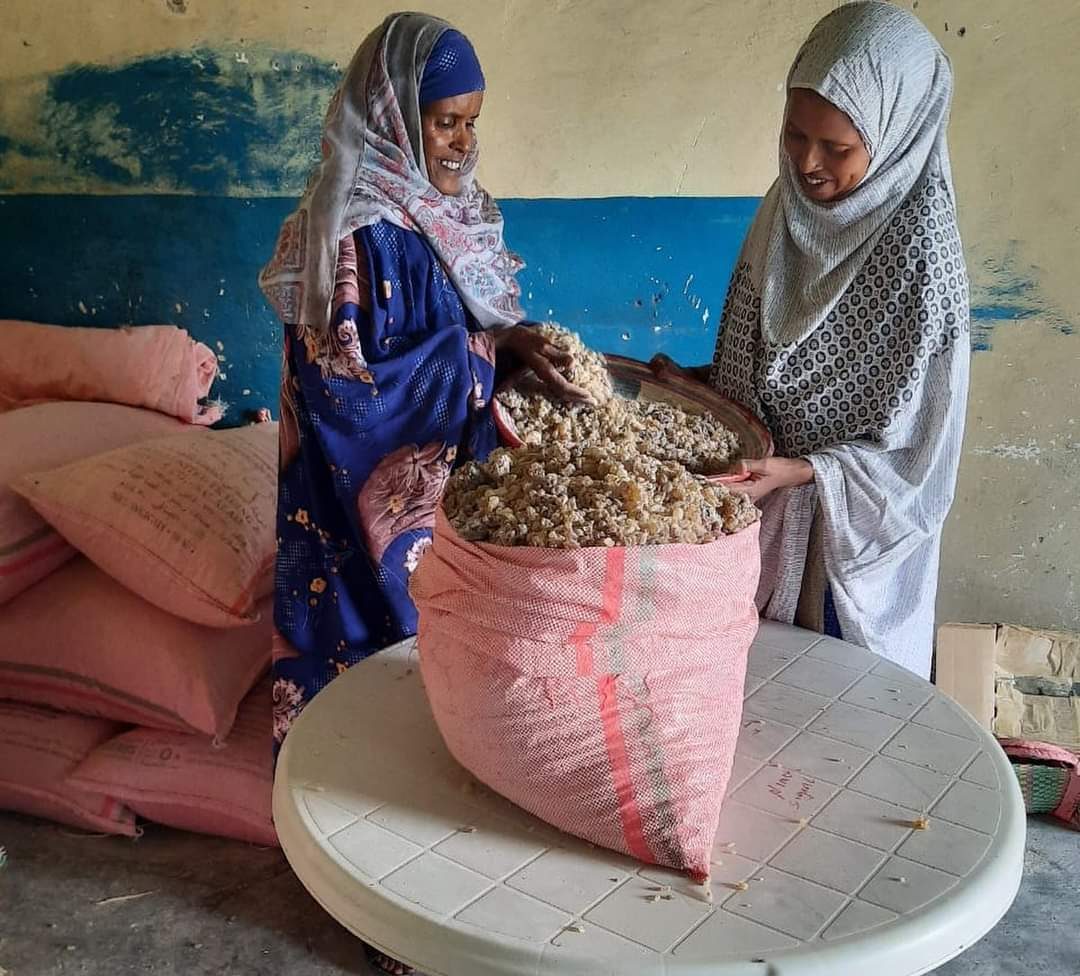Frankincense
Frankincense
Rural communities in Northern Somalia have been harvesting Frankincense resin for hundreds of years. The sustainable harvest and sale of the resin has provided an economic lifeline for many generations. The communities safeguard the trees and ensure they are passed down to the next generation. In return, the trees provide them with income and opportunity. But to the local communities, Frankincense represents much more than money, the resin also has great cultural and spiritual significance, it is fundamental to their way of life. However, the ancient trees that provide the resin are dying. Despite some old trees having served the local community for hundreds of years, recent pressures have led to a crisis. Exploitation, corruption, drought, overharvesting, pests, and the essential oil trade have pushed the trees to their limits. Many are now dying and unable to produce resin.


This then produces a dangerous cycle. Deprived of a vital source of income, the communities have no choice but to raise livestock in order to feed their families. The grazing animals then eat the young trees that have yet to mature, leaving no new trees to replace those that are dying. As a result, more people lose their livelihoods and get forced into farming. Without urgent support and intervention, this cycle will continue until the Frankincense industry is lost forever. The trees will all be dead, and with them, an entire way of life.
Horn of Africa is working hard to stop this from happening. We are raising awareness of the exploitation that is plaguing the Frankincense harvesting communities. We are putting pressure on those who seek to profit at the expense of local people. And we are working hard with the Beeyo Maal Frankincense Cooperative to protect the young trees from the strain of agriculture.
But we need your help.
You can support this ancient culture by donating to our Frankincense Forever Fund. 100% of the money will go towards projects in Northern Somalia that protect the trees and ensure the long term survival of the industry.
